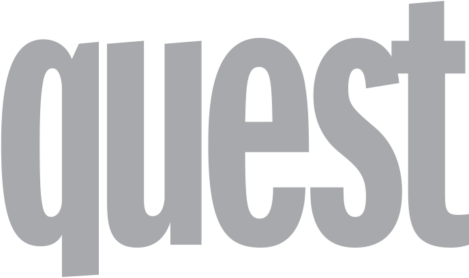
Most aspiring homeowners are usually left stranded in the real estate terminologies, one of them being closing costs.
So what exactly are closing costs, and how much can they cost you? You’ll also learn how to reduce your closing costs so you can save money as you buy your next home. Let’s get started!
Expect closing costs when buying a home
Closing costs can be daunting, but they are fees paid to the lender for a closing service. These fees can either be paid by the buyer or seller.
Here’s a quick breakdown of what typically gets included in closing service:
- Title search and title insurance (typically around 0.5% to 1% of the sale price)
- Escrow fee (typically about 1 to 2% of the home purchase price)
- Appraisal fee (range from $300 to $500)
- Loan origination fees
- Discount points
- Credit report charges
- Deed recording fee
- Taxes
- Surveys
What are closing costs?
Closing costs, also known as fees for settlement services, are a part of the total cost of buying or selling property. The amount you pay in closing costs depends on the price and type of home being purchased. Many different types of fees are associated with buying or selling a home.
The buyer typically pays all closing costs, but some sellers will be willing to reduce their asking price by an amount equal to their closing costs. This can help buyers who need more cash at close to pay off any other debts they have incurred while waiting to close on their new home.
Why pay closing costs?
Closing costs are the fees that involve buying and selling a home. So, when you buy a home, these are the several expenses in addition to the purchase price you must pay. You’ll also pay these same expenses when you sell your home.
You can think of the seller as paying their settlement closing services when they sign on the dotted line to sell their property, while it’s common practice for buyers to cover all of their closing expenses when they sign on that dotted line too.
How much are closing costs?
One of the crucial things to do before buying a home is to calculate how much each closing cost will be and how they’ll affect your budget. Closing costs typically range from 2% -5% of the property value, with some lenders charging up to 6%. The amount you pay will depend on several factors, including:
- Final home sale price
- Credit Score
- Size of down payment
- Mortgage partner
- Real estate location
How to lower your closing costs
Closing costs can add up to hundreds of dollars, but there are a few ways to minimize them;
One is to lower the interest rate on your loan, saving you money on loan interest and allowing you more flexibility in terms of monthly payments. This strategy may only work for some since some lenders won’t offer rates as low as others, but it’s worth asking about anyway.
Another option would be to ask for a lower down payment, which means less out-of-pocket or no down payment at closing time. This can be challenging, though; some lenders require you to place a down payment when they think there’s a bigger risk that you’ll default without such a stake in the house. You’d have to find one willing to take your end of the bargain.
Make sure you get pre-approved for a mortgage before going house-hunting. When you get a pre-approved mortgage, your lender has reviewed your financial records and determined that you can afford the monthly payments on the loan they offer. This will help with negotiations when it comes time to buy the house because the seller will know how much money they can expect once the sale goes through.
Shop around for new insurance policies because rates vary widely depending on your location, how much coverage you want, etc.
Conclusion
Basically, closing costs are expenses you can expect to pay when buying a home. Typically, closing costs are paid by the buyer, although some sellers will pay a percentage of closing costs. There is no set amount for this because they vary so much. Still, they may include appraisal fees, attorney fees, closing title services, insurance fees, mortgage application fees, and credit report fees.

